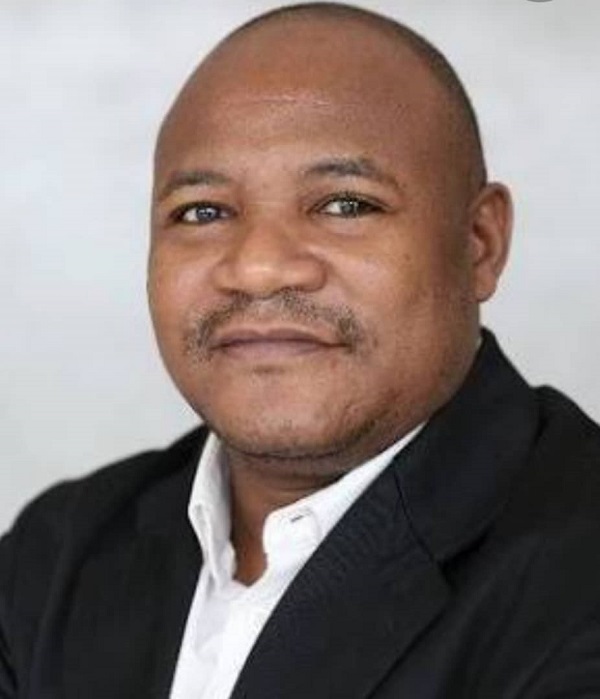
The Africa Health Budget Network (AHBN) has urged the Federal Government to “immediately release” the ₦200 million allocated for infection prevention and control (IPC) in the 2025 national budget, warning that any delays could jeopardise health outcomes and weaken Nigeria’s capacity to respond to disease outbreaks.
Founder and CEO of AHBN, Dr. Aminu Garba made the call on Tuesday in Abuja during a media briefing. He emphasised that IPC is not just a technical health intervention, but a critical strategy for safeguarding patients, healthcare workers and communities from preventable infections.
Infection prevention and control (IPC) is a set of practical, evidence-based procedures designed to prevent the spread of infectious diseases within healthcare settings and the broader community. These measures include hand hygiene, proper waste disposal, sterilisation of medical equipment, use of personal protective equipment (PPE) and maintaining sanitary environments. IPC plays a crucial role in reducing healthcare-associated infections, improving treatment outcomes and bolstering health security, especially during public health emergencies like COVID-19 or Ebola.
Garba commended the Federal Ministry of Health and Social Welfare, along with the Nigeria Centre for Disease Control and Prevention (NCDC), for including IPC funding under budget code ERGP25217466 in the 2025 appropriation. However, he stressed that timely disbursement is as vital as budgetary inclusion.
“The ₦200 million allocated to IPC is not just a budget line, it is a life-saving investment,” he said. “Releasing these funds will allow the government to procure and distribute essential IPC materials such as clean water facilities, sterilising machines, liquid soaps, PPEs, hand washing basins and cleaning agents across health facilities in Nigeria.”
He noted that the benefits would be most impactful in under-resourced and rural health centres where IPC gaps remain widest. According to him, delaying the release of funds risks reversing progress made in IPC programming and leaves the country more vulnerable to future outbreaks.
Garba also emphasised that swift and transparent use of the funds could enhance Nigeria’s credibility in the global health financing landscape and improve prospects for increased IPC funding in subsequent years.
“If the NCDC acts promptly and demonstrates results, it sends a strong message to both national stakeholders and international donors that Nigeria is serious about health security,” he stated.
He praised the African Field Epidemiology Network (AFENET) and Resolve to Save Lives (RTSL) for their technical and financial support, which contributed to successful advocacy that led to the reinstatement of the IPC budget line after it was dropped in 2024.
Garba called on the NCDC director-general, Dr. Jide Idris to seize the moment by facilitating the prompt release of funds and ensuring their coordinated implementation under the leadership of the Minister of Health and Social Welfare, Prof. Ali Pate.
He assured that AHBN and its partners in civil society and development will actively monitor the disbursement and usage of the funds to guarantee transparency and accountability.
A review of IPC budgeting in Nigeria over recent years reflects both progress and challenges in institutionalising health security. In 2023, the NCDC received ₦50 million for IPC interventions, but only 40 per cent of the amount was reportedly utilised. This poor implementation led to the removal of IPC funding from the 2024 budget.
However, sustained advocacy in 2024 led to its reinstatement in 2025. Under the new budget, the NCDC was allocated ₦200 million, while the National Primary Health Care Development Agency (NPHCDA) received ₦540 million for IPC-related initiatives, including community health promotion and laboratory services.
These developments highlight the critical need for consistent and adequate funding for IPC to build resilient health systems and reduce the burden of healthcare-associated infections across Nigeria.

